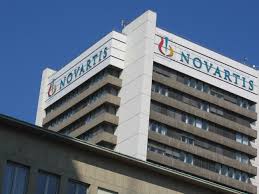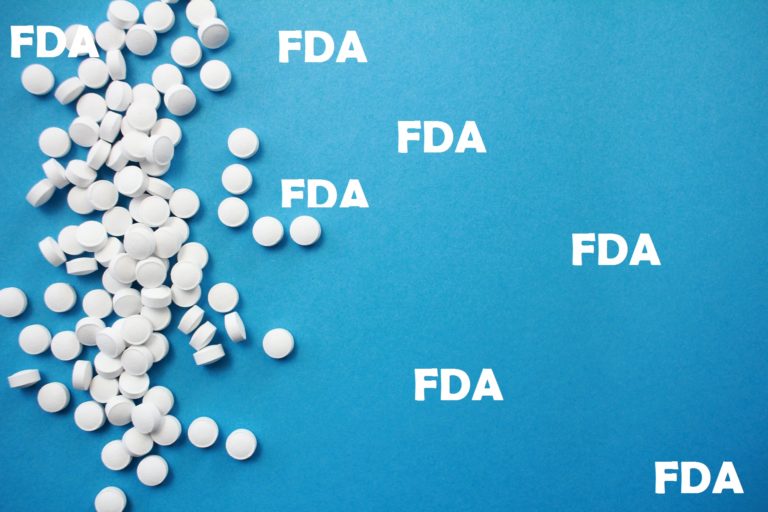Table of Contents
May 15, 2020: Roche announced the CE mark availability of Roche v-TAC, a new digital diagnostic solution that allows clinicians to obtain results for arterial blood gas values from patients with respiratory or metabolic abnormalities via a simpler, less invasive venous puncture through the use of a digital algorithm.
Blood gas analysis is typically used in hospital point of care (POC) settings, where quick and accurate results are needed.
This includes emergency rooms, intensive care units and operating rooms. The analysis provides clinicians with information about a patient’s pulmonary function and acid‐base status, both of which are essential to make a diagnosis, provide treatment and monitor progress.
A traditional blood gas test requires the collection of an arterial blood sample, which can be a painful experience for the patient since most arteries lie deeper in the tissue than veins and have a thicker wall to be punctured. This procedure is usually carried out by medical doctors or specially-trained staff. Through the Roche v-TAC digital solution, staff without specific training to draw arterial blood samples are now able to withdraw a venous blood sample instead and digitally convert these values into arterial blood gas values, which can help free up specialist healthcare staff to other tasks. Roche’s v-TAC is fully integrated for use with Roche’s cobas b 123 POC and cobas b 221 systems using the Roche cobas infinity POC solution.
“In an emergency situation such as the COVID-19 pandemic, Roche v-TAC could also help healthcare professionals to assess disease severity faster in patients and closely monitor potential deterioration in patients with respiratory compromise,” said Thomas Schinecker, CEO Roche Diagnostics. “Digital tools based on clinical algorithms like Roche v-TAC can help improve and simplify delivery of care in emergency situations faster and where it is most needed.”
Roche acquired the v-TAC technology at the end of March with the acquisition of Obi Medical Aps, a privately-held company based in Hadsund, Denmark that focuses on developing disruptive blood gas testing technology.
Blood Gas testing
Blood gas and electrolyte testing is used in a number of critical care situations, during surgery and in a number of other clinical areas, including neonatal and dialysis units.
For example, it can help determine whether a patient is receiving sufficient respiratory support, or suffering from heavy trauma or acute heart and lung diseases.
Blood gas and electrolyte systems provide fast, accurate, quantitative measurements of whole blood for pH, pCO2, pO2, Sodium , Potassium , Chloride , Calcium, Glucose, Lactate, Haematocrit, Total bilirubin and CO-Oximetry (tHb, O2Hb, COHb, MetHb, HHb).
cobas b 123 POC and b 221 systems
The cobas b 123 POC system is a mobile, cartridge-based, blood gas analyser designed for POC testing to measure blood gases, electrolytes, metabolites and oxygen saturation and neonatal bilirubin.
With various configurations and a throughput of up to 30 samples per hour, the cobas b 123 POC system can easily be customized to the clinical needs of the ICU, ER, NICU, OR, dialysis units or the laboratory.
The cobas b 221 system is a fully automated blood gas analyser for the quantitative measurement of blood gases, electrolytes, metabolites and oxygen saturation and neonatal bilirubin.
The system is designed to be used in POC settings such as emergency departments, intensive care units and laboratories.
Connectivity to the hospital network for both cobas b 123 and cobas b 221 is enabled wirelessly or via a network port using the cobas infinity POC software which is available worldwide.
OBI Medical Aps
In March 2020, Roche acquired OBI Medical Aps, a privately held company based in Denmark that focuses on developing disruptive blood gas testing technology.
OBI Medical Aps was founded in 2002 by a group of leading scientists, researchers and clinicians from Aalborg University Hospital and from the Centre for Model-based Medical Decision Support at Aalborg University.
Roche’s response to the COVID-19 pandemic
The COVID-19 pandemic continues to evolve globally with varying developments from country to country and we are partnering with healthcare providers, laboratories, authorities and organisations to help make sure that patients receive the tests, treatment and care they need.
Reliable, high-quality testing is essential to help healthcare systems overcome this pandemic.
On 13 March we received FDA Emergency Use Authorisation for a high-volume molecular test to detect SARS-CoV-2, the virus that causes COVID-19, which is also available in countries accepting the CE Mark.
On 3 May, Roche announced that its COVID-19 antibody test, aimed at detecting the presence of antibodies in the blood, also received FDA Emergency Use Authorisation and is available in markets accepting the CE mark.
Our existing diagnostics portfolio for critical care has also been playing a significant role in supporting patient management during the COVID-19 crisis, with our blood gas and sepsis products being used to monitor patients in the acute setting. Roche is working closely with governments and health authorities around the world, and has significantly increased production to help ensure availability of tests globally.
While there are currently no approved medicines for the treatment of patients with COVID-19, we are actively involved in understanding the potential of our existing portfolio and are researching options for the future.
On 19 March, we announced the initiation of COVACTA – a global Phase III randomised, double-blind, placebo-controlled clinical trial to evaluate the safety and efficacy of intravenous Actemra©/RoActemra© (tocilizumab) plus standard of care in hospitalised adult patients with severe COVID-19 pneumonia compared to placebo plus standard of care.
Roche has also initiated an internal early research programme focused on the development of medicines for COVID-19 and is evaluating a large number of potential collaborations.
In these exceptional times, Roche stands together with governments, healthcare providers and all those working to overcome the pandemic.











